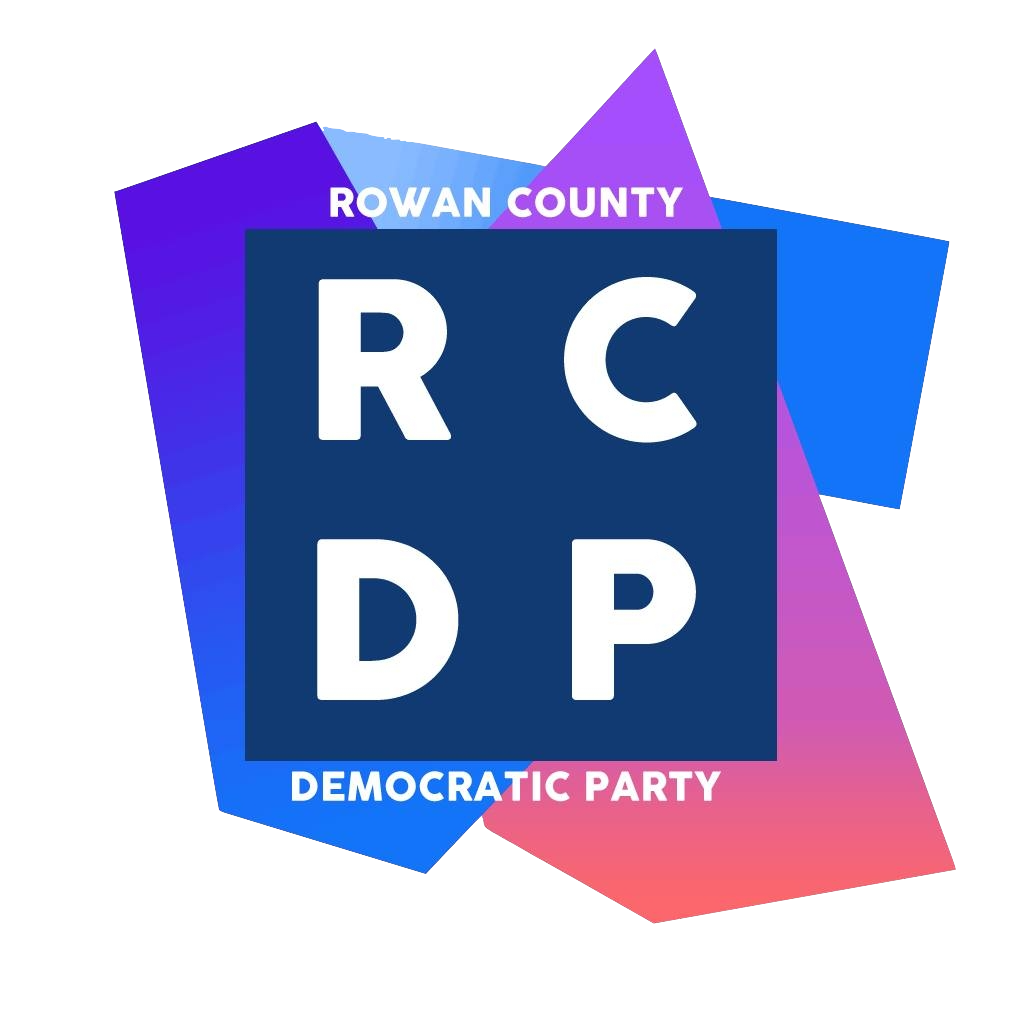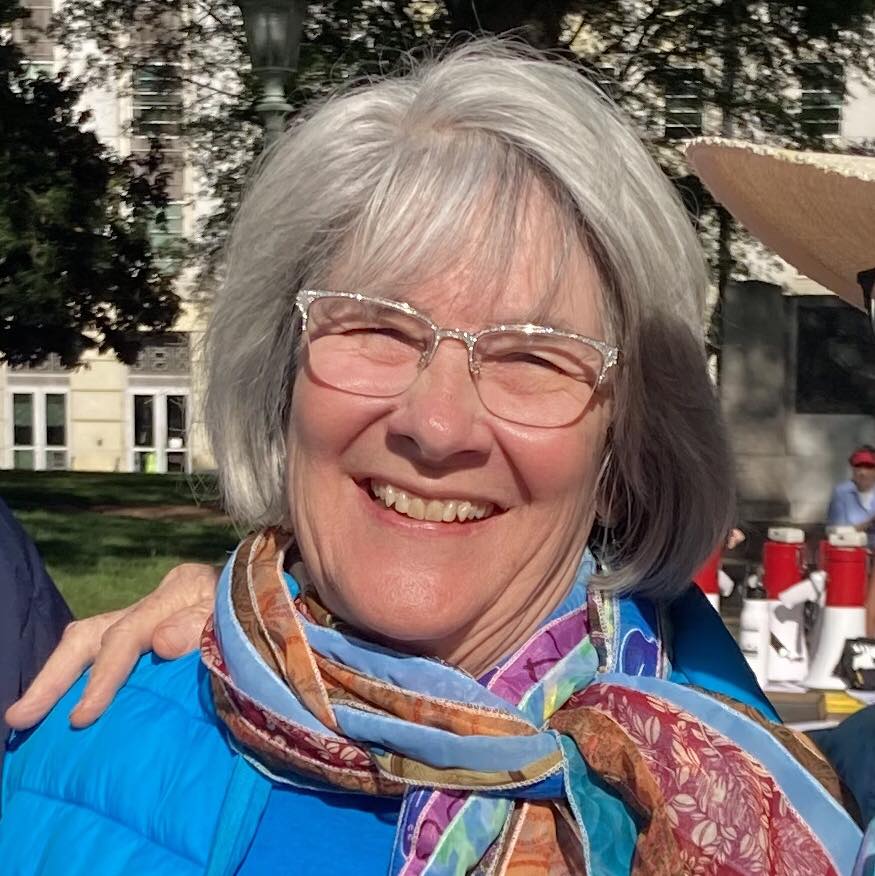“If the action of gratitude can help us individually to become happier and healthier, what would happen if we focused our efforts on a particular part of our community? Would words, if sincere, make a difference to others that are dealing with adversity?“
Dear Neighbor,
Gratitude. It’s a healthy staple to add to your diet and it’s reasonably priced. Gratitude or gratefulness is a realization of how lucky you are when something good happens, whether it’s small or large.
In Giving Thanks Can Make You Happier, Harvard Health Publishing, 8/14/21, noted “In positive psychology research, gratitude is strongly and consistently associated with greater happiness. Gratitude helps people feel more positive emotions, relish good experiences, improve their health, deal with adversity, and build strong relationships. and one that scientific studies reveal makes the giver happier.”
The aforementioned article also described a “study (that) found that children and adolescents who wrote and delivered a thank-you letter to someone who made a difference in their lives may have made the other person happier — but did not improve their own well-being. This finding suggests that gratitude is an attainment associated with emotional maturity.”
Is it only through aging that we discover how to gain a small bit of happiness through simple appreciation of the often insignificant? In a strange twist of the expected, is gratitude a selfish act?
It can be difficult to feel grateful when it feels that the world is on fire and we move from disturbance to vileness to tragedy within an hour of watching the news of the day. Where do we find the energy to give when we feel despair? How do we move forward?
Consider the small ways you observe gratefulness on a regular basis. I may hate to exercise, however I love to dance and you’ll find me dancing away at water zumba and floor zumba and cardio dance and line dancing at the local senior center. It’s rare for a class to end without genuine applause for the instructor. Gratitude for a job well done, gratefulness for the opportunity to be participating, thankfulness for being present.
What keeps us going? Is it dancing and singing to “Staying Alive” and “Never Give Up?” Our mutual camaraderie? Shared laughter and experiences? Or are we back to simple gratitude? Do seniors have an edge on emotional maturity? Or do we all have an edge if we find the time to stop and appreciate the good through our actions?
I certainly can’t dismiss the younger generation. Ever notice the pure delight children show with those things that bring them genuine joy? Maybe we all need to remember
how to squeal with delight and laugh with abandon.
Does the inclusion of laughter as a major component of everyday life make us more inclined toward gratefulness? Who makes us laugh? What makes us laugh? That is an important question these days. Are we laughing at people or laughing with them? Shared laughter surely connects us. Victor Borge, who made a career as a pianist/comedian, wrote, “Laughter is the closest distance between two people.”
If the action of gratitude can help us individually to become happier and healthier, what would happen if we focused our efforts on a particular part of our community? Would words, if sincere, make a difference to others that are dealing with adversity?
Givers and receivers of thankfulness. Are they actually two different spaces in time or when given and received with sincerity does gratitude become a fluid motion of completeness for each of us?
Pause and listen and look. Find the spaces that exist within the adversities of living a life in today’s news cycle. We may just find gratitude in those cracks and be happier for it.
“Dear Neighbor” authors are united in a belief that civility and passion can coexist. We believe curiosity and conversation make us a better community.
Pam Bloom

